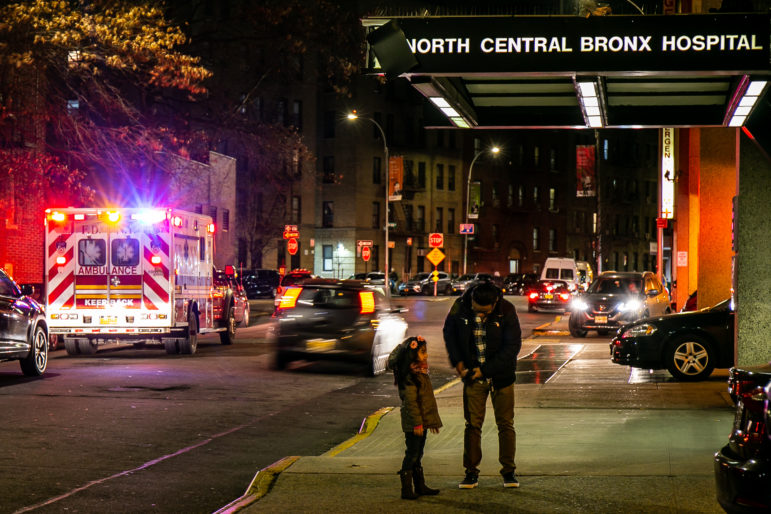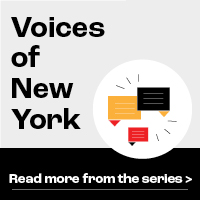
Adi Talwar
North Central Bronx HospitalRead the original story in Spanish at El Diario
Translated and condensed by Carlos Rodríguez Martorell
The coronavirus epidemic has been a “terrible tragedy” for 45-year-old Guatemalan day laborer “Dionisio.” The construction project where he worked as a debris collector was halted and, because he is undocumented, he will not receive any kind of government assistance. He has been feeling ill for the past three days.
“I have been reluctant to go to a hospital because you hear so many stories,” he said. “I have all the symptoms they are talking about on TV. The fever I had last night felt like my ears were burning. But I have preferred to hide in the room I rent and have said nothing to my landlady. I am keeping my distance, though. I have not been able to see my partner because I do not want to pass it on to her. I would rather not go to a hospital.”
Dionisio, whose room is part of a small extension in a home in Corona, Queens, believes he has COVID-19.
The immigrant worker knows that he will not be denied medical attention at any health center. Still, he is afraid that he may incur debt due to medical expenses, particularly at a moment when he does not know when he’ll be able to go back to work.
“I barely have anything to eat. I take refuge in God and wait for this to pass, the way it does for most people. All I have done is pray day and night, and take some pills to feel better,” he said. “I know that I will be fine even if I do not go to a doctor. Also, I have heard that emergency rooms are crammed with people.”
Like Dionisio, thousands of undocumented immigrants endure a private agony at a time when, in addition to being unable to leave their homes, they are unsure about going to healthcare centers if they believe they have coronavirus symptoms.
Carmen Boom, spokeswoman for NYC Health + Hospitals, the city agency in charge of managing 11 hospitals and over 70 community health centers, reiterated that since the COVID-19 emergency was declared “[the centers] are more committed than ever to provide comprehensive, high-quality medical services regardless of the person’s immigration status or ability to pay.”
An estimated 70 percent of all patients in the network, the largest in the country, are low income or are undocumented.
A New York City executive order allows everyone free access to the available services offered by some of its agencies in the midst of the emergency without having to disclose their immigration status. They have also been guaranteed that their personal information will not be shared.
Since last year, thousands are also eligible to apply for a plan called NYC Care, which guarantees medical services for uninsured New Yorkers, including undocumented people.
During the COVID-19 crisis, the NYC Care plan continues to offer its members access to primary and specialist care. However, due to social distancing rules, phone consultation programs have been reinforced. Prescription services continue without changes.
“The NYC Care call center is running, and our agents are recording the information of people who contact us for the first time so they can return their call and enroll them formally in the program as soon as operations go back to normal,” explained Boom.
The NYC Care program is offered through the city’s public hospital and clinic network. It was launched by the mayor’s office last August, and reached Brooklyn and Staten Island in January.









